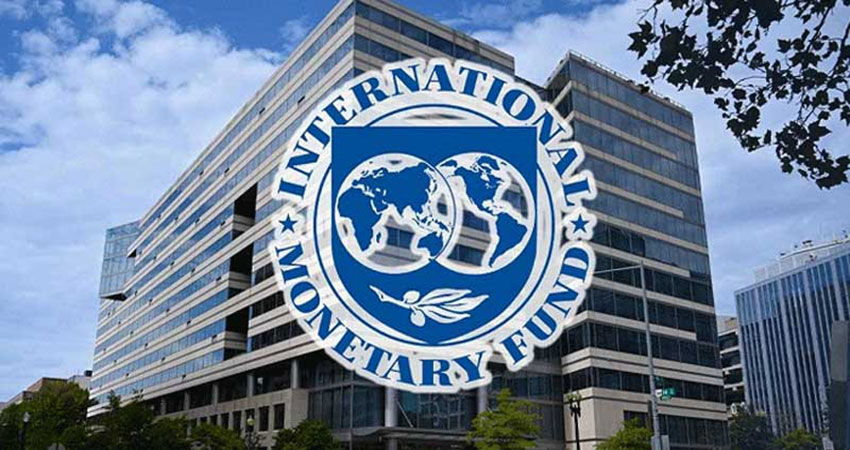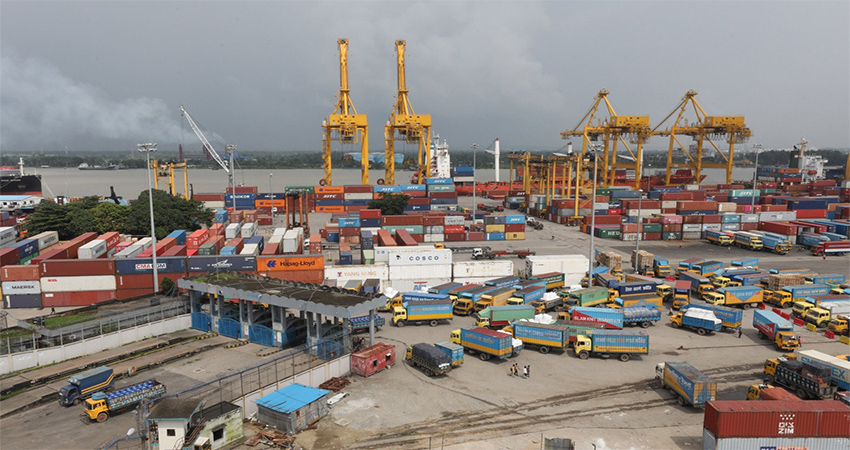The International Monetary Fund (IMF) has lowered the economy growth forecast for Bangladesh to 6% for the current fiscal.
In April this year, the IMF had projected a 6.5% economic growth for FY24.
The IMF also revised upward its projections for Bangladesh's growth to 6% for the fiscal year 2022-23 from its previous forecast of 5.5%, according to its World Economic Outlook released on Tuesday (10 October).
The IMF report states that the baseline forecast is for global growth to slow from 3.5% in 2022 to 3.0% in 2023 and 2.9% in 2024, well below the historical (2000–19) average of 3.8%. The projection for global growth remains the same.
Advanced economies are expected to slow from 2.6% in 2022 to 1.5% in 2023 and 1.4% in 2024 as policy tightening starts to bite.
Emerging markets and developing economies are projected to have a modest decline in growth from 4.1% in 2022 to 4.0% in both 2023 and 2024. Global inflation is forecast to decline steadily, from 8.7% in 2022 to 6.9% in 2023 and 5.8% in 2024, due to tighter monetary policy aided by lower international commodity prices. Core inflation is generally projected to decline more gradually, and inflation is not expected to return to the target until 2025 in most cases, says the report.
The revised growth forecast by the IMF comes a week after the World Bank lowered the Gross Domestic Product (GDP) growth projection of Bangladesh to 5.6% in the current fiscal year, due to high energy cost, import curbs, insufficient dollars in banks and sluggish monetary tightening.
The World Bank projected 6.2% GDP growth for FY24 in April.
In its latest report, the global lender has identified uncertainty ahead of the election as a major risk to the economy along with stabilisation of the external sector dependent on removing distortions in exchange rates and lifting exchange rates. Failure to address these risks may put the economy under more pressure than the projection, it has stated in the Bangladesh Development Update of the World Bank, titled "New Frontiers in Poverty Reduction".
Despite the government's efforts to provide essential food items to low-income groups at subsidised rates, inflation is anticipated to disproportionately affect the poor.
IMF lowers Bangladesh's economic growth forecast to 6%



















